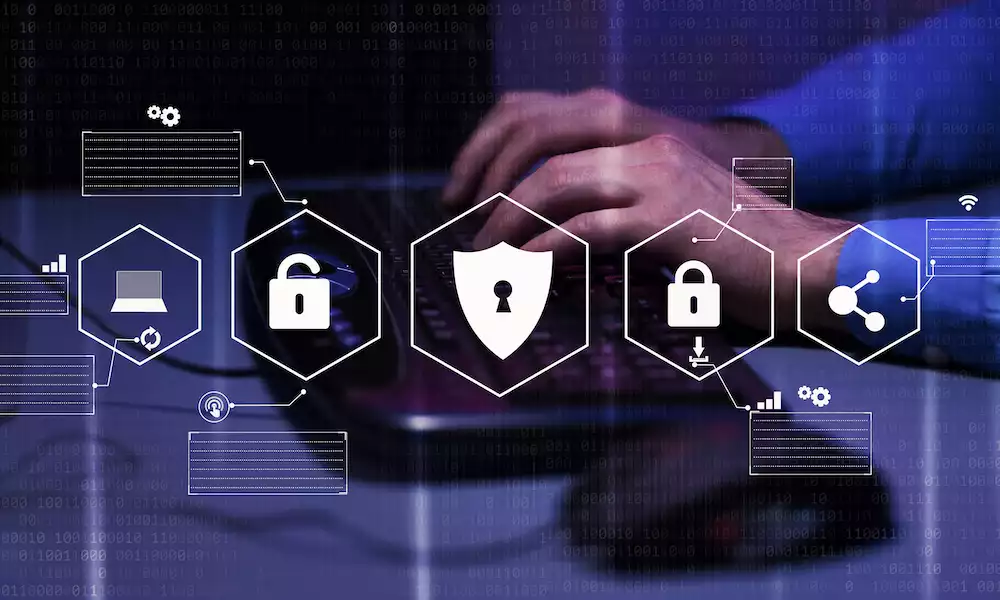Security
Privileged Access Management Guide

What Is Privileged Access Management (PAM) and Why Is It Important?
This short guide covers layperson’s language what managers and business owners need to know about privilege access management. How does it prevent cybercrime and cybercriminals targeting privileged access accounts, to keep a business safe? Let’s get started.
What Is PAM?
According to Cybergate UAE PAM or privileged access management is a network security process that controls account holder access to certain functions in an often overlooked area of network management.
Permissions
To be clear, PAM is designed to control what and where administrators on a network can look. Because users with administration rights on a terminal can access other terminals on a network and potentially view or even download sensitive information. What they are allowed to do and see needs to be controlled.
PAM is a systematic approach to putting the necessary controls to manage core and critical resources access.
PAM is essential in many organizations because administrators are often thought of as non-threatening.
In many cases, this is the case, and in-house IT professionals with administrator privileges only use them for their intended purpose.
Disgruntled ex-staff and cybercriminals
However, disgruntled former employees and cyber-criminals can sometimes bypass conventional cyber-security measures to hack into systems by using their administrator passwords to gain unwarranted access.
Offline Sensitive Data
Besides, because some senior members of an organization may have commercially sensitive data stored on their terminal rather than on a central server where information is shared, network administrators may gain access to it by carrying out their usual tasks.
Scenario
If a CEO’s laptop is installed with new software, what is to stop an administrator from using their access rights to view specific files and folders? If there is nothing to stop them, then a PAM system should be deployed.
Centralized Security Processes
One of the key benefits of a properly thought-through PAM is that it will centralize many of the security processes and procedures you might already have in place. Such a rationalization program might focus on database access rights, additional password protection for specific systems, core switch security, and enhanced business firewall protection.
Put into action correctly, PAM will keep an organization safe from accidental misuse of data and the deliberate attempt to bypass the usual access right controls you have in place.
Fast Growing Enterprises
PAM is of particular interest to organizations growing or those that have proliferated in the last few years. Such concerns may not have been at the forefront of the IT director’s mind when the organization was smaller and easier to manage.
However, the larger and more complex an enterprise becomes, its IT systems will allow potential entry points from external hackers and internal administrators.
More Privileged Users Equals More Risk
In short, the more privileged users you have with IT administration rights, the more risks you will face – not to mention the greater the potential downside if something were to go catastrophically wrong.
Bear in mind that PAM will cover all of your employees, including those with few access rights and unlimited access.
All Users Access Controlled
However, you need to consider not just your own staff. After all, contractors may be given access to your network from time to time.
Remote Logins
There are also remote logins from terminals that may or may not be from people you employ and even automated users that must be subject to PAM controls if your business is adequately safeguarded against all threats.
Summing Up
While most business people are unaware of Privileged Access Management, this short overview has what you need to know regarding user access and how to prevent the wrong access rights from ending up in the wrong hands.
Locking down access to sensitive data is fundamental for cyber risk mitigation. Plus, your staff can make mistakes, so limited access to what they need to do their job just makes sense.









